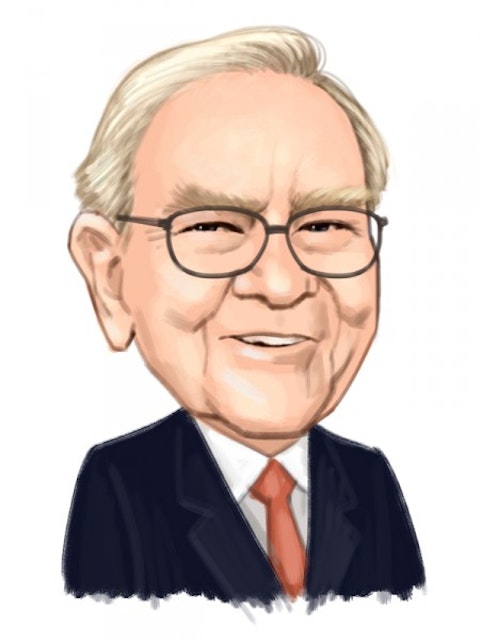A significant amount of wealth is being generated by the 10 largest holding companies in the world. But what exactly are holding companies and how are they different from other corporate entities?
When we talk about holding companies, we immediately think about Berkshire Hathaway Inc. (NYSE:BRK.A), that magnificent vehicle of capitalism so masterfully steered by Warren Buffett. Berkshire Hathaway is an investment company that doesn’t manufacture anything on its own but possesses holdings in many businesses through which it earns significant income. Buffett has invested into, and divested out of, many businesses over the years, with the one constant being the fact that his investment firm making the moves has turned into one of the most valuable companies in the world. For more on the great investor, check out 16 Rousing Warren Buffett Quotes On Investing.

But there are also other types of holding companies. There is a setup called a bank holding company, which owns, but does not necessarily run, one or more banks. The biggest banks in America converted into holding companies during the 2008 financial crisis for liquidity and funding purposes, so we’ll see a lot of them in this list. And then there are some holding companies whose activities are similar to Berkshire Hathaway’s, but which are actually state-controlled entities. Some of China’s biggest businesses are majority-owned by state-owned holding companies, while Singapore extracts further wealth from its two active holding companies: Temasek and GIC.
Other holding companies seem to operate like conglomerates, with diverse businesses in which they have more direct involvement than Berkshire Hathaway typically does with its investments. We see this in fields such as media and telecommunications, in which a parent company has various holdings that conduct actual business operations. This practice is also seen in pharmaceutical firms, some of which are actually umbrella organizations with hundreds of smaller companies under their respective purviews.
But just to be clear, not all conglomerates can act as holding companies. In fact, some companies refuse to convert into holding companies despite shareholder pressure, such as what Samsung did last month. The South Korean behemoth has businesses in as many industries as it can touch, but it is still not a holding company simply because it doesn’t want to be. In the end, a company can be considered a holding company when it declares itself to be one.
For the purposes of this list, we looked into the structure of each company considered to be holding companies in one way or another. After that, we weighed the market capitalizations of each firm, as a measure of how much value investors put into the strategies of these holding companies, regardless of whether they are pure holding companies or more operationally involved entities. The estimated market capitalization figures in this list of the 10 largest holding companies in the world are as of April 4.





